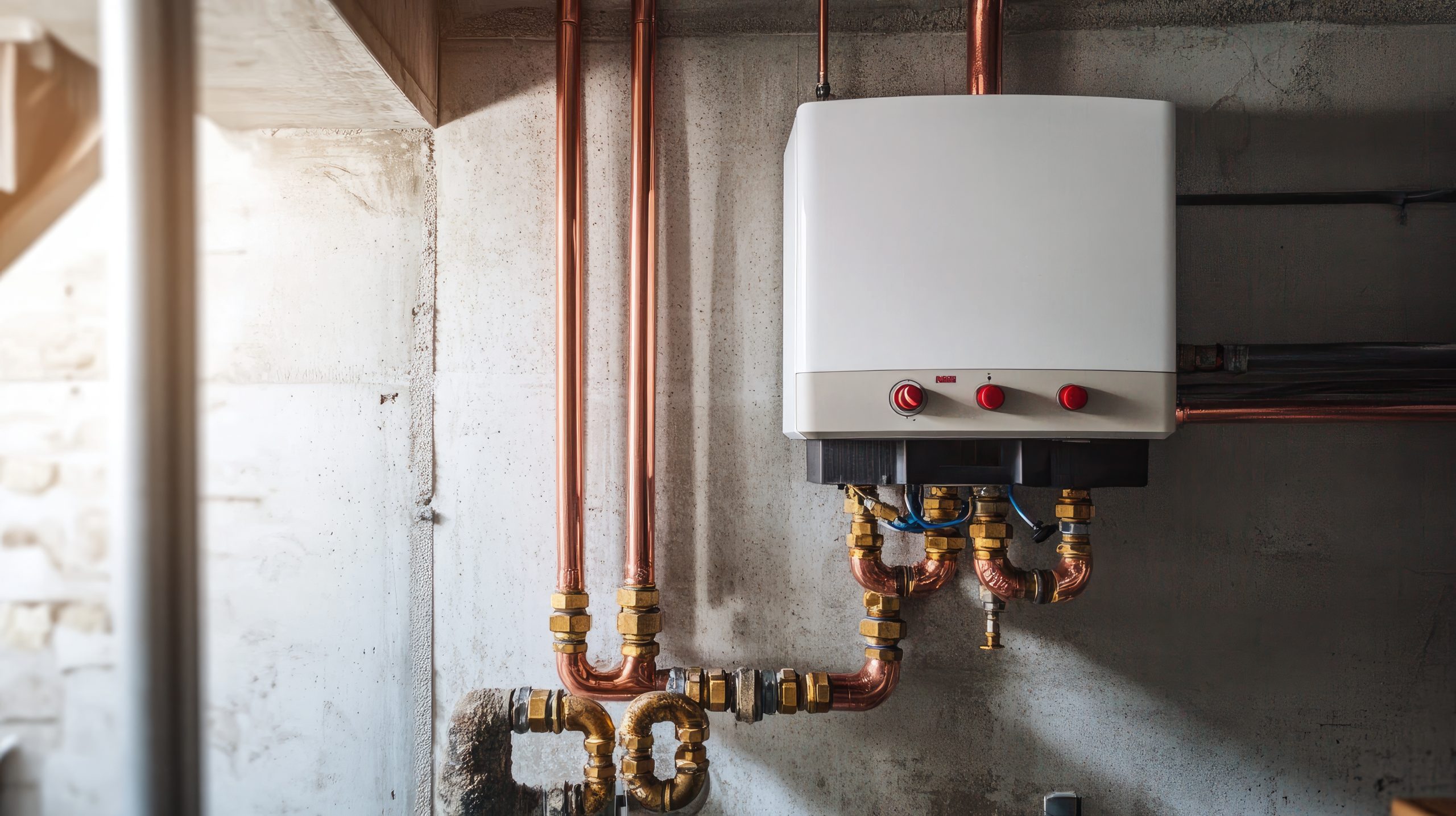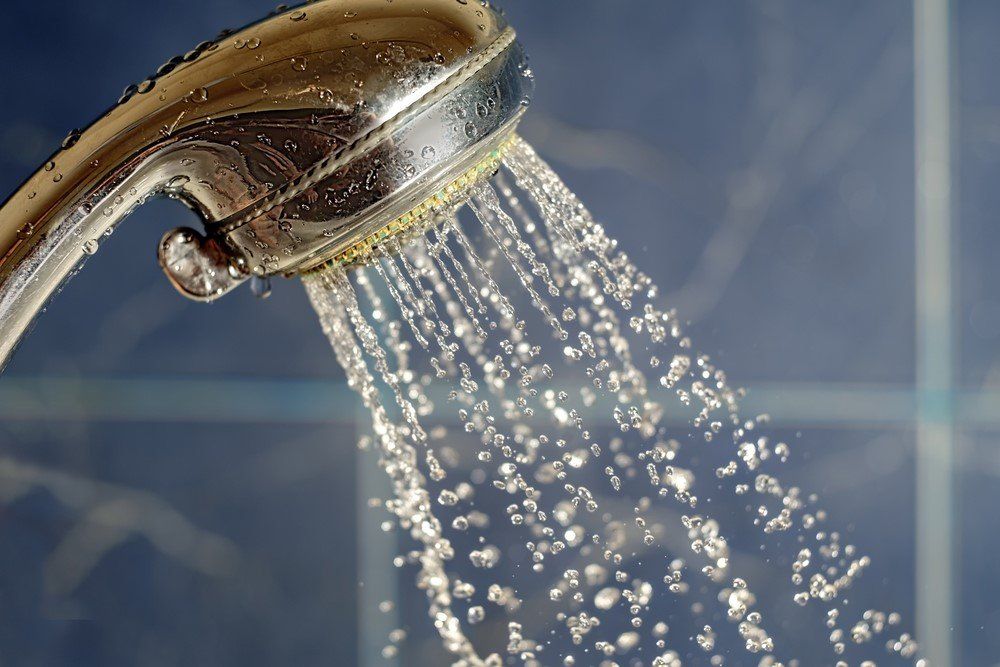Water heaters are fundamental to our daily lives, providing the hot water necessary for cooking, cleaning, and bathing. Despite their importance, these critical appliances often go unnoticed, hidden away in basements or closets, until they malfunction. Regular maintenance is essential to prevent unexpected issues and to ensure your water heater continues to operate efficiently. A well-maintained water heater can perform effectively for years, but neglecting this essential appliance can lead to inconvenient and costly breakdowns.
Recognizing when it’s time to replace your water heater is crucial to avoid being caught off guard. Water heaters generally have a lifespan of 8 to 12 years, with proper maintenance potentially extending that period. However, signs of wear and tear such as inconsistent water temperature, strange noises, leaks, and a decrease in water quality indicate it may be time for a replacement. Replacing an outdated or malfunctioning water heater not only ensures a steady supply of hot water but also improves energy efficiency, leading to lower utility bills.
To extend the lifespan of your water heater and avoid potential replacements, there are several preventative maintenance steps you can take. Regular inspections by a trained technician can identify and resolve minor issues before they escalate. Techniques such as flushing the tank to remove sediment buildup and replacing the anode rod to prevent rust can significantly improve the efficiency and longevity of your water heater. By scheduling annual maintenance, particularly in the spring after a winter of heavy use, you can ensure your water heater continues to function smoothly.
Additionally, being proactive about your water heater’s maintenance can prevent unexpected breakdowns and the associated inconvenience. Tasks like regularly checking the temperature and pressure release valves for proper operation, monitoring for any signs of leakage, and keeping the area around your water heater clean and clear of obstructions can contribute to its optimal performance. These simple steps can go a long way in extending the life of your water heater and saving you money on potential repairs or premature replacement.
In conclusion, understanding the signs that indicate it’s time to replace your water heater, coupled with regular maintenance, can help ensure you always have access to hot water when you need it. Regular inspections by a professional technician not only keep your water heater running efficiently but can also extend its useful life, saving you money and inconvenience in the long run. If you suspect your water heater might need to be inspected, repaired, or replaced, don’t hesitate to reach out to local expert services. They can provide the guidance and assistance you need to keep your water heater in top condition.
Whether you’re a homeowner, a potential buyer or seller, or a local business owner, recognizing the signs of a failing water heater and acting on them promptly can help maintain your property’s value and functionality. Investing in regular water heater maintenance and timely replacements when necessary can provide peace of mind, knowing that your water heater will serve you well for years to come.






